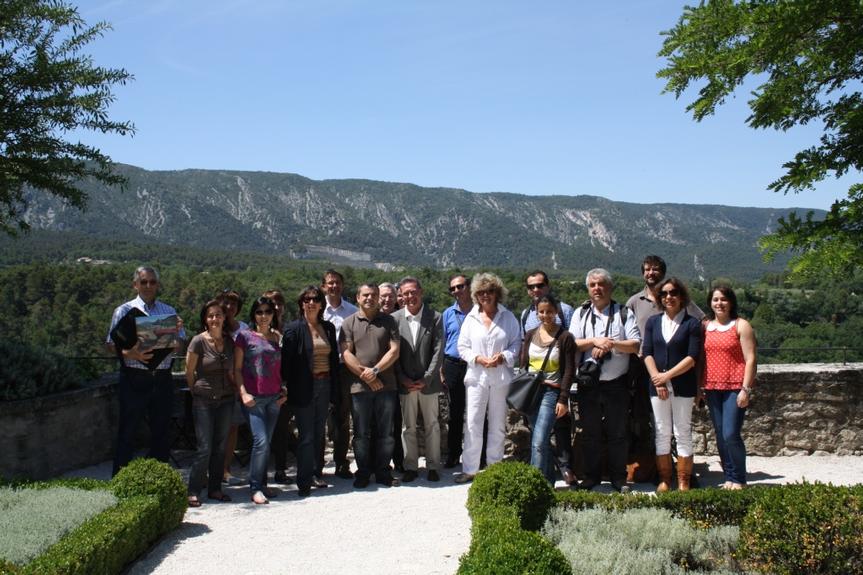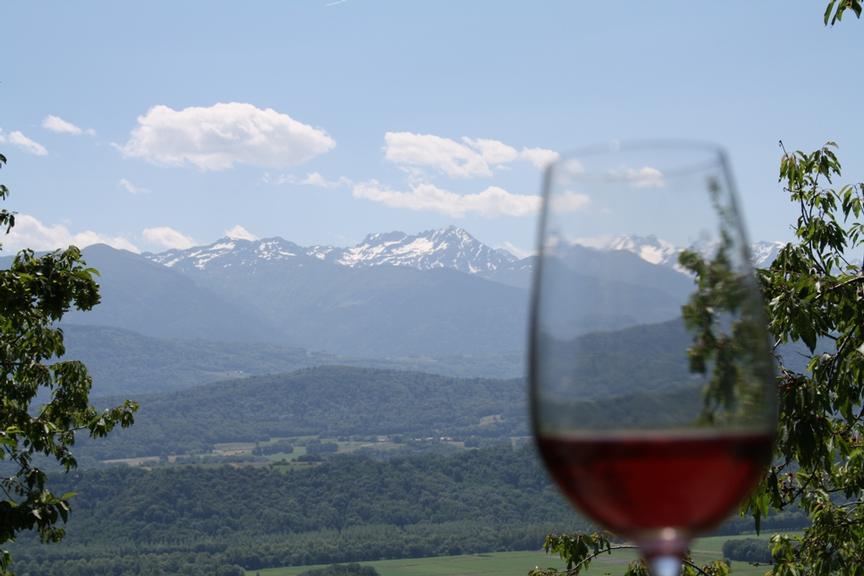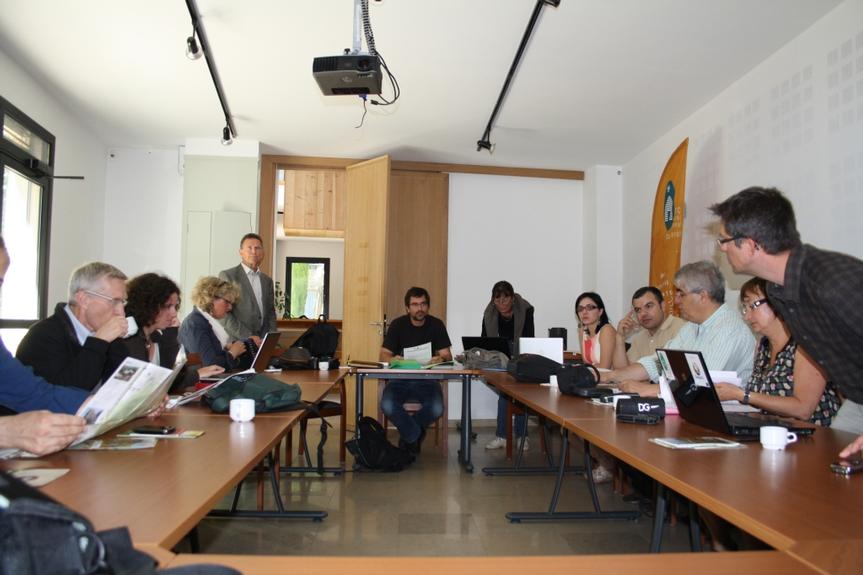Datenbank der Projekte zur ländlichen Entwicklung
Geo-Tourism for Sustainable Development
Summary
Geoparks focus on geology, a subject central to the improvement of knowledge and the achievement of a better understanding about environmental protection. The cooperation roots in previous joint activities under LEADER II, Interreg IIIC and LEADER+.
Lead Partner
LAG Partner(s)
Background
Geoparks are territories with a remarkable geological heritage. Their strategic approach combines geo-conservation, education for sustainable development and geo-tourism. In June 2000 the Réserve Géologique de Haute-Provence (FR), the Petrified Forest of Lesvos (GR) and Maestrazgo Cultural Park (ES) established the European Geoparks Network (EGN) in the context of a LEADER II cooperation project. The Arouca Geopark (PT), which was established with support of LAG ADRIMAG, joined EGN in 2009
Common Objectives
The project objectives are to: i) support the development of new technologies of information and communication (NTIC) for the purposes of Geo-Tourism; ii) implement a capacity building programme on the common Geo-Tourism methodology and the use of NTIC tools; and iii) jointly pursue activities promoting Geotourism. These aims are in line with the principles agreed at the International Congress of Geotourism in 2011 (also known as the Arouca Declaration) which defined Geo-Tourism as an activity sustaining and enhancing “[...] the identity of a territory, taking into consideration its geology, environment, culture, aesthetics, heritage and the well-being of its residents”.
Main Joint Activities
The partnership develops a Geo-Tourism concept involving NTIC; a common methodology for the planning of thematic itineraries and tours; and interpretative panels with touch screen technology. Capacity building addresses technicians, tourist guides and conservation monitors. Further plans include the production of a common Geo-Touristic guide and other promotional materials; workshops & conferences; participation in major tourism fairs; and promotion via a joint website & a corporate TV channel.
Results and Transferability
In addition to the joint acquisition of knowledge about new Geo-Tourism methodologies and tools it is anticipated that the cooperation project will also serve to promote and raise awareness about the partnering Geo-Parks across Europe. The continued expansion of Geo-Park infrastructures, which promote geo-conservation, education for sustainable development and geo-tourism, is also expected to support the development of new local products and services, thus encouraging the development of new crafts, new job opportunities and local economic growth in general.
Lessons learnt
At this point the partnership envisages to invite other territories with Geopark-classification (members of the EGN and/or Global Geoparks Network), to join the project. Therefore the current partners anticipate that they may meet the following challenges: i) future Geo-Park partners may not be covered by LAG territories; ii) the capacity/resources of partner LAGs / participating Geo-Parks may vary; iii) financial management issues (e.g. VAT).
Project location and other information
Region Norte (Portugal) and Provence-Alpes-Côte d'Azur (PACA, France). Greek and Spanish partners, which participated in the LEADER II project, will join this project in a second phase.
Total project cost (€)
149 676
EAFRD contribution (€)
95 165
National contribution (€)
45 125
Private contribution (€)
9 386
Contact name
António Carlos Duarte
Telephone
+351 256 940 350
Languages for contact
English, French, Portuguese
At a glance
Countries
Portugal, France
Number of Partners
2
Final beneficiary type
Public/local authorities, Local Action Group, Other, Non-governmental organisations
Budget range
€100 000 - €500 000
Start date:
31/01/2012
End Date:
31/12/2013
Theme / Measure:
• Implementing the LEADER Approach
• Co-operation projects
• 421. Implementing co-operation projects
Keywords:
Information technology, Leader, Sustainable development, Eco-tourism, Environmental education
Last update
23/07/2012







